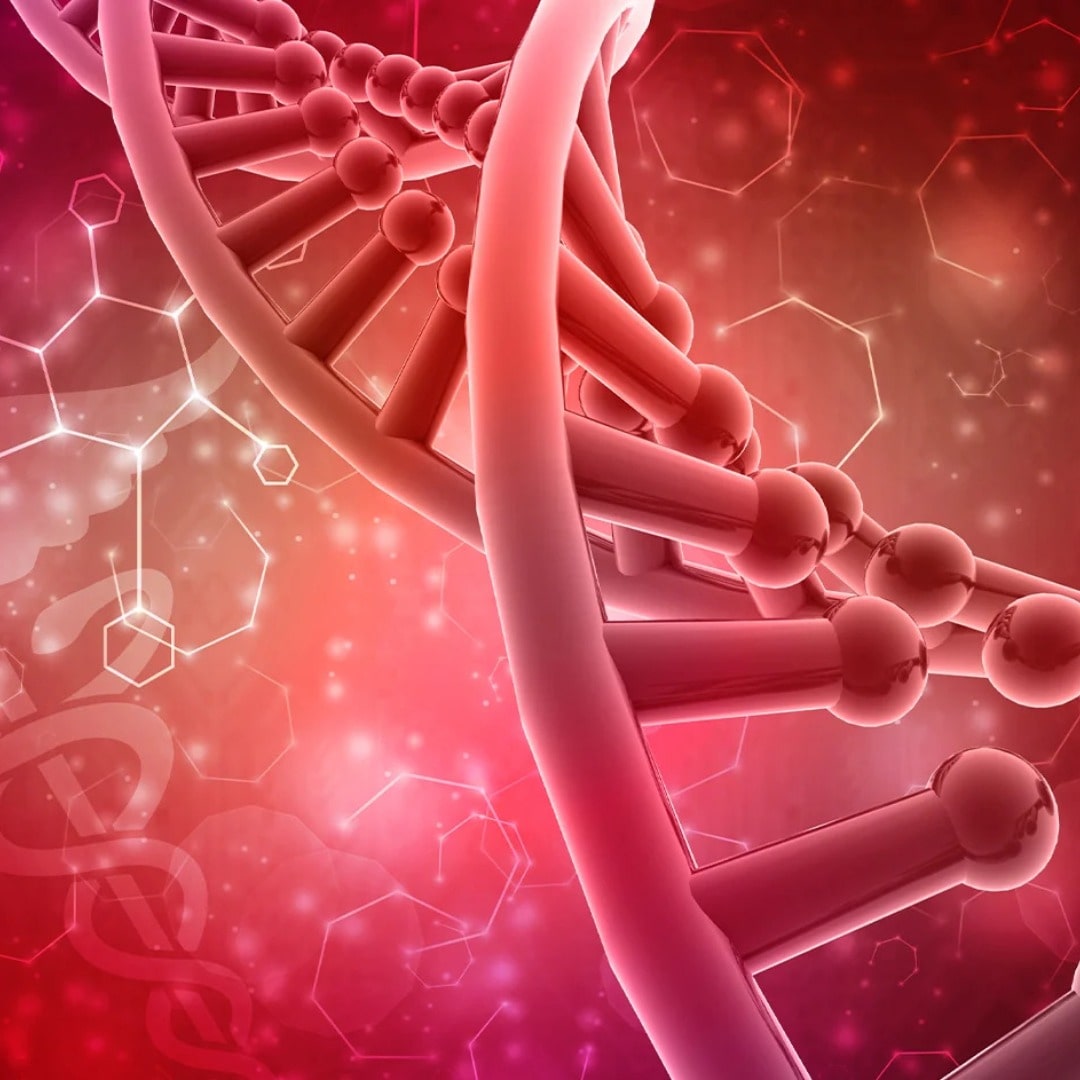He Fierce Ladies,
Gather around and get ready to dive into the fascinating world of food and hormones. Today, we're going beyond the surface and taking a closer look at how your diet can impact the intricate dance of your endocrine system. So sit tight, because we're about to unravel the scientific secrets behind the connection between your diet and hormonal balance.
First things first, let's talk about the endocrine system. It's a network of glands that produce and secrete hormones, acting as the body's chemical messengers. These hormones regulate various bodily functions, from metabolism and growth to mood and reproduction. Now, imagine this system as a finely tuned orchestra, with each hormone playing a unique instrument. The food you consume can either harmonize or throw this delicate symphony off balance.
One crucial factor in maintaining hormonal equilibrium is managing your insulin levels. When you consume foods high in sugar and refined carbohydrates, your body releases insulin to help process the glucose. However, excessive sugar intake can lead to insulin resistance, disrupting the delicate hormonal interplay. Research suggests that diets rich in these refined sugars may contribute to hormonal imbalances such as polycystic ovary syndrome (PCOS) and irregular menstrual cycles.
Furthermore, let's not forget the impact of dietary fats on hormone production. Healthy fats, such as monounsaturated fats found in avocados and olive oil, play a vital role in hormone synthesis. These fats serve as building blocks for hormone production, including estrogen and progesterone. Conversely, diets high in unhealthy trans fats and saturated fats have been linked to increased inflammation and hormonal disturbances. So, opting for healthier fat sources can help maintain hormonal harmony.
Caffeine, that beloved morning elixir, can also influence your endocrine system. Studies suggest that excessive caffeine consumption may disrupt estrogen levels and affect hormone balance in women. While moderate caffeine intake is generally considered safe, it's worth considering how your daily coffee indulgence may impact your hormonal well-being. Finding the right balance and being mindful of your caffeine intake can help mitigate potential hormonal disruptions.
Lastly, let's emphasize the importance of whole foods in supporting your hormonal health. Fruits, vegetables, lean proteins, and whole grains provide a plethora of essential nutrients, vitamins, and minerals necessary for optimal hormone production and function. These nutrient powerhouses help support the endocrine system's overall well-being and can contribute to a healthier hormonal balance.
So, dear readers, remember that the choices you make in your diet can have a profound impact on your hormonal health.
Bon appétit, my fellow hormone warriors!
As always, if you have any questions or would like to chat about how my range of healthy ready meals can help with your lifestyle, just reach out anytime.
Clare


